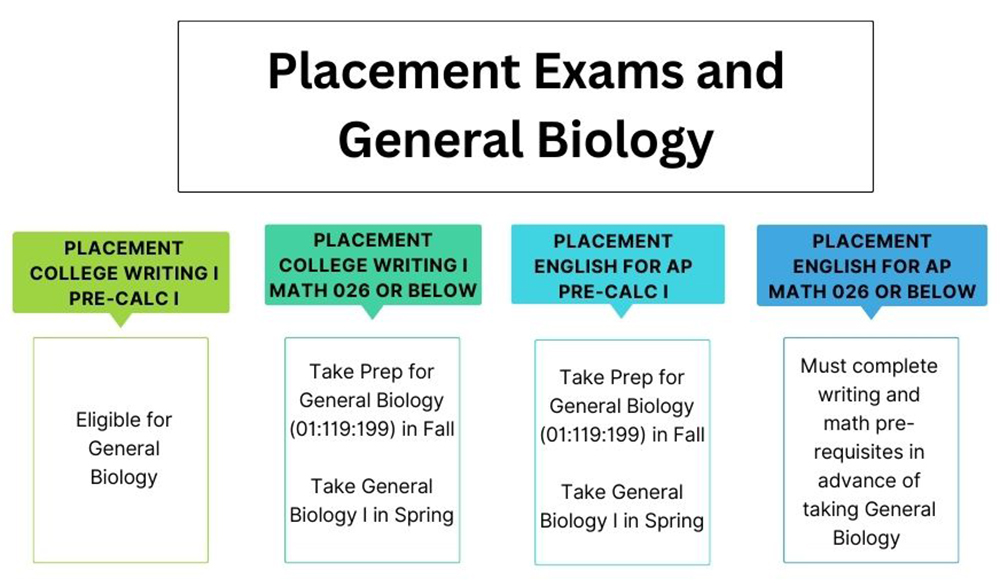Main Content
- Writing Placement Tests: All incoming international students who transfer to Rutgers will be required to complete a Writing Placement test unless they meet one of the exemption requirements outlined by the institutional review team. This includes students who have already completed courses in English writing and/or language instruction. Students who attend university at an institution where English is not the main mode of instruction and who do not meet the minimum SAT score or AP/IB scores cannot be exempt from the test.
- SEBS Writing Requirements: All students enrolling at SEBS must complete both a College Writing course (01:355:101/103/104) and a Writing in the Discipline course to qualify for graduation. After completing the placement test, students will be eligible to register for one of the following courses:
- General Biology: Many SEBS academic majors require students to complete the two-semester General Biology course sequence which includes both General Biology I (01:119:115) and General Biology II (01:119:116), with the accompanying lab (01:119:117). Both General Biology I & II MUST be completed at the same institution. This means that if a student has completed General Biology I but not General Biology II at another institution they will need to repeat the entire sequence at Rutgers or return to their original institution to complete the second semester course. Additionally, both College Writing (01:355:101 or higher) and Pre-Calculus I (01:640:111/112 or 115) are co-requisites for General Biology I. The below flow-chart illustrates expected progress based on placement exams.
- Academic Progress: All Degrees at SEBS are comprised of four major components: Major Courses, the SEBS Core Courses, Experiential Learning, and Elective Courses, which add up to the 120 credits required for graduation. Students who completed their Associate’s degree at a New Jersey Community College and qualify for the New Jersey Statewide Transfer Agreement or who transfer to Rutgers as part of an articulated double degree program are waived from completing the SEBS Core.
- Pre-requisites/Co-requisite vs. Major Requirements: Many upper-level science courses require a variety of pre-requisite or co-requisite courses. These include entry level biology, chemistry, math, and physics as well as college writing. While these are not always directly related to your subject matter, they are necessary to move forward in the degree. You will be eligible to take the major-specific requirements once you have completed the pre- and co-requisites. It is possible that a student will have completed courses that can count within their chosen Rutgers major at another institution but have not completed the pre-requisite courses. In that event, the student will still be required to complete pre-requisite courses at Rutgers to progress in the degree. These pre- and co-requisite courses cannot be waived.
- Major Courses vs. Elective Courses: Major courses typically consist of a series of courses arranged in order of ascending difficulty and specialization. These courses are the same for all students within any given major. Elective credits make up the rest of the degree requirements within a given major and are based on students’ personal and professional interests. Both are required for graduation. It is not uncommon for transfer credits to qualify for electives instead of major specific coursework.
